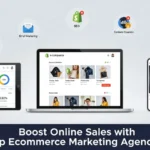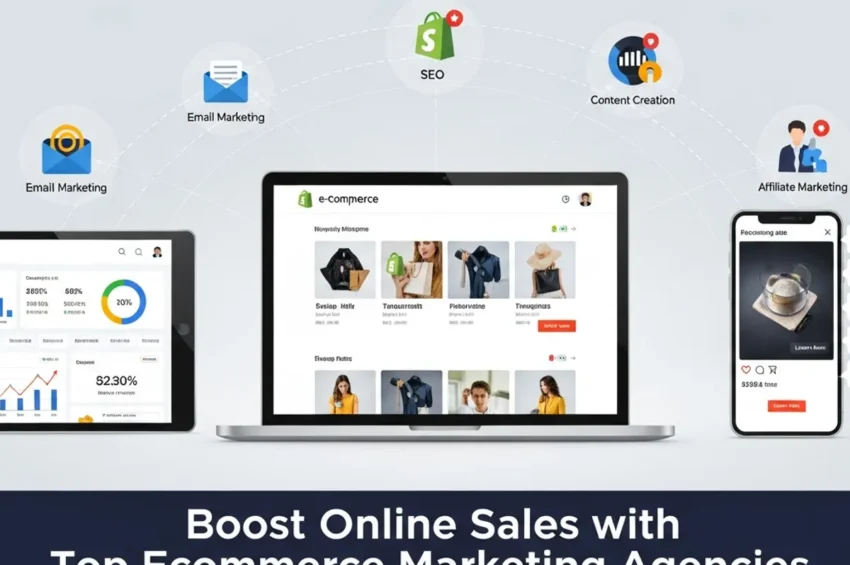
- Understanding the Role of Ecommerce Marketing Agencies in Online Sales
- Key Services Offered by Top Ecommerce Agencies
- The Impact of Digital Marketing Strategy on Ecommerce Growth
- How to Choose the Best Marketing Agencies for Your Ecommerce Business
- Customer Acquisition Strategies for Ecommerce Businesses
- Enhancing Brand Awareness Through Ecommerce Marketing
- Measuring the Success of Your Ecommerce Marketing Campaigns
- Real-World Examples of Successful Ecommerce Marketing Agencies
- Future Trends in Ecommerce Marketing
- Conclusion: Partnering with the Right Ecommerce Marketing Agency for Online Sales Growth
- Quick Summary
- FAQs
Understanding the Role of Ecommerce Marketing Agencies in Online Sales
In today’s digital landscape, ecommerce marketing agencies play a vital role in helping online businesses thrive. These agencies specialize in driving traffic, increasing conversions, and growing online sales through various strategies such as SEO, PPC, social media marketing, and content creation. For businesses aiming for significant ecommerce growth, partnering with the ecommerce marketing agencies is crucial. But what exactly do these agencies do, and why are they so essential for success in the competitive online marketplace?

Key Services Offered by Top Ecommerce Agencies
Ecommerce agencies offer a wide array of services designed to elevate your online business. These services are tailored to meet the unique needs of each client, ensuring a comprehensive approach to online sales and ecommerce growth. Here’s a closer look at what these agencies typically provide:
- Search Engine Optimization (SEO): Enhancing your website’s visibility on search engines like Google to attract organic traffic. This involves optimizing your site’s structure, content, and technical elements to rank higher in search results. Effective SEO strategies drive sustainable, long-term traffic and improve your site’s authority.
- Pay-Per-Click (PPC) Advertising: Managing paid ad campaigns on platforms like Google Ads to drive targeted traffic to your site. PPC advertising allows you to quickly reach potential customers who are actively searching for your products or services. Strategies include keyword research, ad copywriting, and bid management.
- Social Media Marketing: Creating and managing engaging content on social media platforms to build brand awareness and drive customer acquisition. Social media marketing involves developing a strong presence on platforms like Facebook, Instagram, and Twitter to connect with your target audience, share valuable content, and run targeted ad campaigns.
- Content Marketing: Developing valuable content that attracts and engages your target audience, improving SEO and driving conversions. Content marketing includes creating blog posts, articles, videos, and infographics that provide value to your audience and establish your brand as an authority in your industry.
- Email Marketing: Crafting personalized email campaigns to nurture leads, promote products, and increase online sales. Email marketing is a powerful way to connect with your audience, build relationships, and drive conversions. Strategies include creating targeted email lists, crafting compelling email content, and automating email campaigns.
- Conversion Rate Optimization (CRO): Analyzing and improving your website’s design and user experience to increase the percentage of visitors who make a purchase. CRO involves conducting A/B tests, analyzing user behavior, and making data-driven changes to your website to improve its performance.
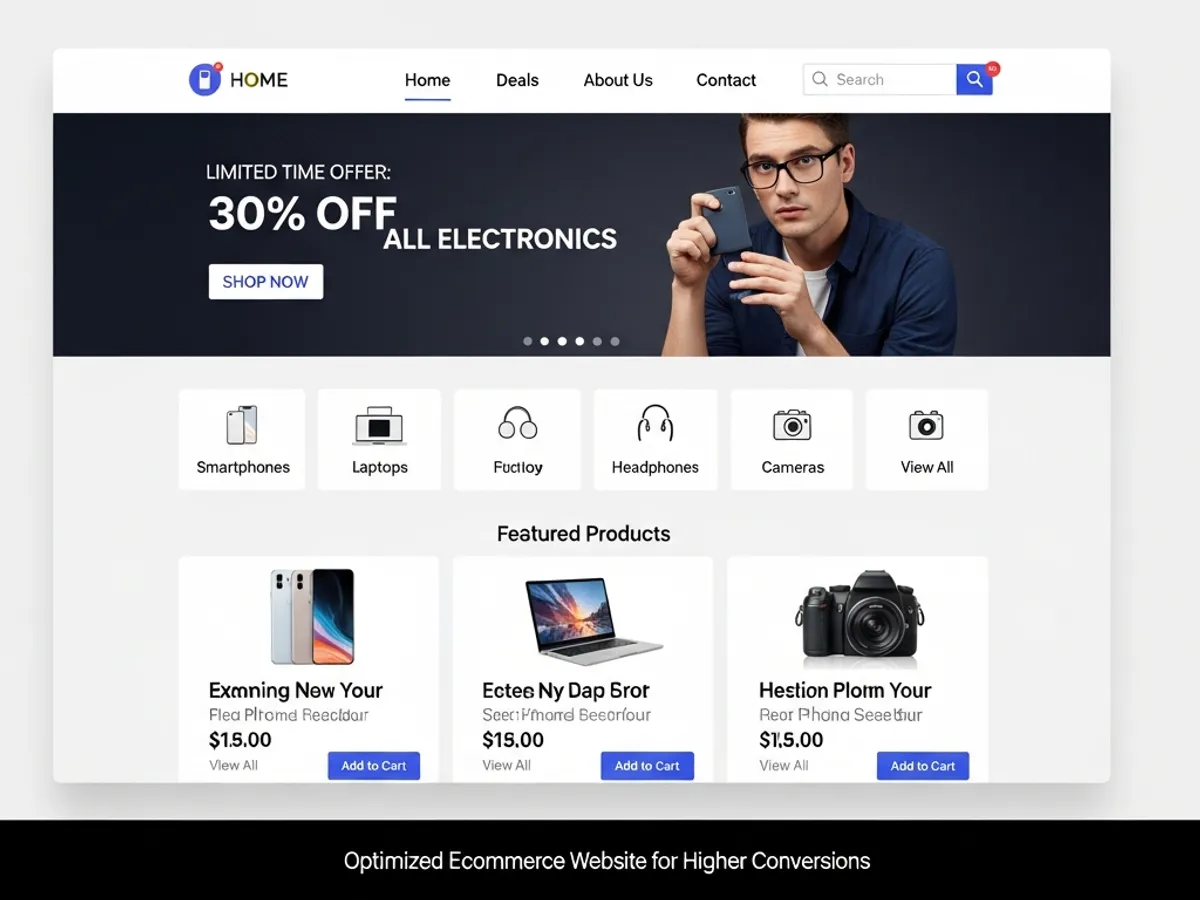
The Impact of Digital Marketing Strategy on Ecommerce Growth
A robust digital marketing strategy is the backbone of any successful ecommerce business. It involves a comprehensive plan that integrates various online advertising channels to achieve specific goals, such as increasing brand awareness, driving customer acquisition, and boosting online sales. Without a well-defined strategy, businesses risk wasting resources and missing opportunities for ecommerce growth.
By leveraging data analytics and market research, ecommerce marketing agencies can develop tailored strategies that align with your business objectives and target audience. These strategies are not one-size-fits-all; they are customized to reflect the unique needs and goals of each business. For example, some businesses may prioritize SEO to drive organic traffic, while others may focus on PPC advertising to quickly generate leads.
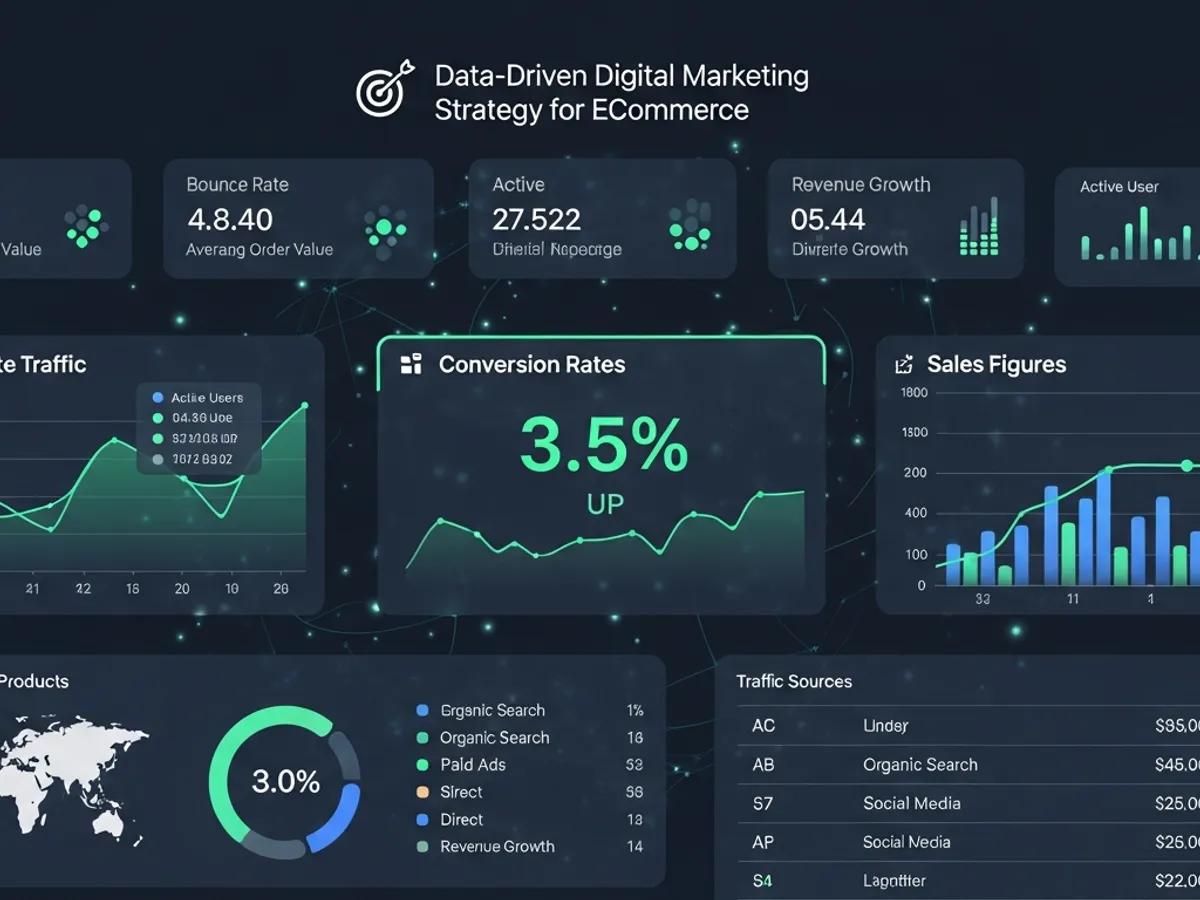
How to Choose the Best Marketing Agencies for Your Ecommerce Business
Selecting the best marketing agencies for your ecommerce business requires careful consideration. It’s not just about finding an agency with a flashy website or impressive client list; it’s about finding a partner that understands your business, shares your vision, and has the expertise to help you achieve your goals. So, how do you navigate the crowded field of ecommerce marketing agencies and find the right fit?
Start by identifying your specific needs and goals. Are you looking to improve your SEO, drive more traffic through PPC, or enhance your social media presence? Clearly defining your objectives will help you narrow down your options and focus on agencies that specialize in the areas where you need the most help.
Next, research potential agencies, review their case studies, and check their client testimonials. Look for agencies with a proven track record of success in the ecommerce industry. Case studies provide valuable insights into how an agency has helped other businesses achieve their goals, while client testimonials offer firsthand accounts of the agency’s performance and customer service.
Finally, schedule consultations to discuss your needs and determine if the agency is a good fit for your company culture and budget. This is your opportunity to ask questions, share your vision, and get a sense of the agency’s approach and expertise. Consider 1Digital®, a top-rated ecommerce agency specializing in web design, ecommerce SEO, and digital marketing services. Also consider digital marketing agency HigherVisibility a that helps businesses grow through SEO, Paid Search, Paid Social, CRO, and Web Development. Don’t rush the process; take your time to find an agency that you feel confident will deliver results.

Customer Acquisition Strategies for Ecommerce Businesses
Effective customer acquisition is essential for sustainable ecommerce growth. Without a steady stream of new customers, businesses risk stagnation and decline. But how do you attract new customers in the competitive online marketplace? Ecommerce marketing agencies employ various strategies to attract new customers, including:
- Targeted Advertising: Running ads on platforms like Google and Facebook to reach potential customers based on demographics, interests, and behaviors. This involves creating highly targeted ad campaigns that reach the right people at the right time, with the right message.
- Content Marketing: Creating valuable content that attracts and engages your target audience, driving organic traffic to your website. This involves creating blog posts, articles, videos, and infographics that provide value to your audience and establish your brand as an authority in your industry.
- Social Media Marketing: Building a strong presence on social media to connect with potential customers and promote your products. This involves creating engaging content, running targeted ad campaigns, and interacting with your audience to build relationships and drive conversions.
- Email Marketing: Using email campaigns to nurture leads and convert them into paying customers. This involves creating targeted email lists, crafting compelling email content, and automating email campaigns to nurture leads and drive sales.
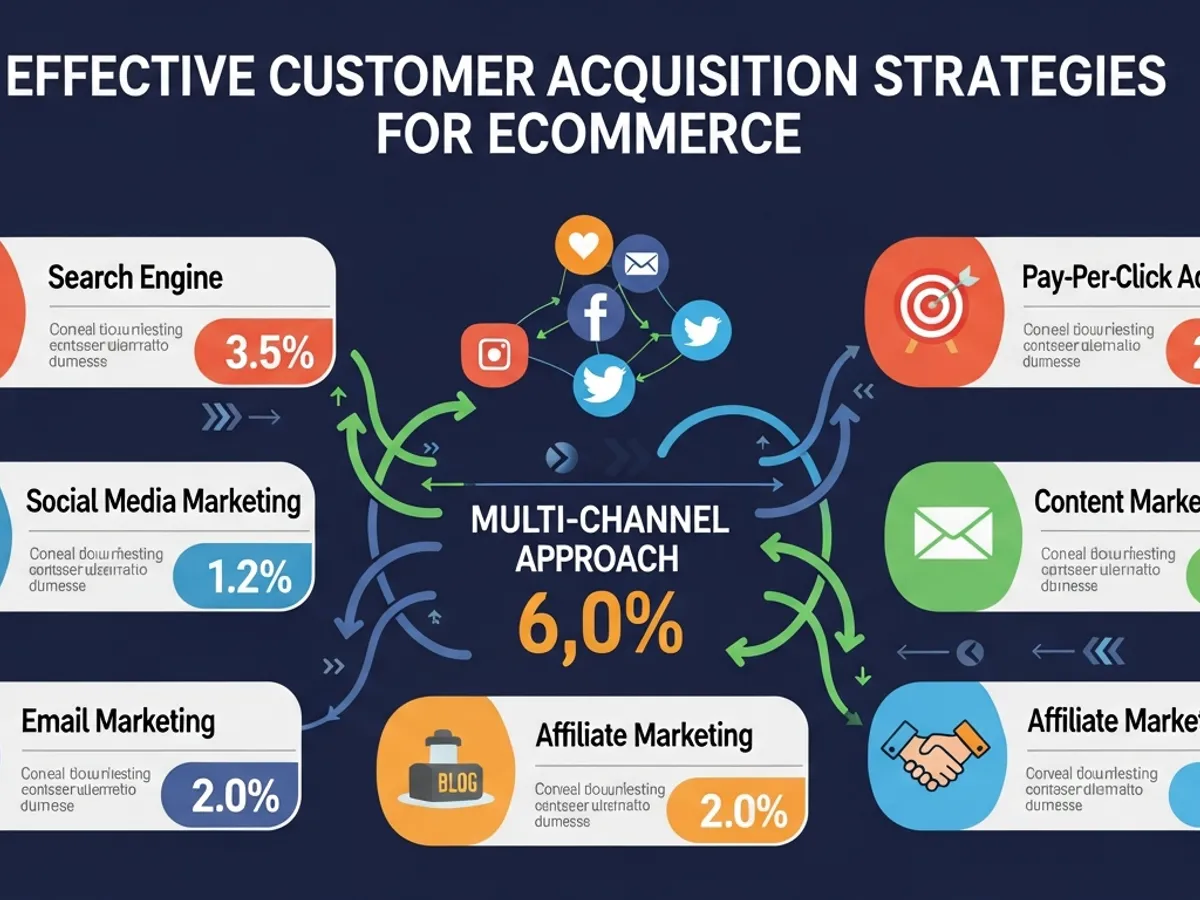
Enhancing Brand Awareness Through Ecommerce Marketing
Brand awareness is a critical component of ecommerce success. It’s not just about selling products; it’s about building a brand that resonates with your target audience and creates a loyal customer base. Ecommerce marketing agencies help businesses build brand awareness through various tactics, such as:
- Social Media Marketing: Creating engaging content and running targeted ad campaigns on social media platforms to increase brand visibility. This involves developing a strong presence on platforms like Facebook, Instagram, and Twitter to connect with your target audience, share valuable content, and run targeted ad campaigns.
- Content Marketing: Developing valuable content that showcases your brand’s expertise and values, attracting and engaging your target audience. This involves creating blog posts, articles, videos, and infographics that provide value to your audience and establish your brand as an authority in your industry.
- Public Relations: Building relationships with journalists and influencers to secure media coverage and increase brand awareness. This involves crafting compelling press releases, pitching stories to journalists, and building relationships with influencers in your industry.
- Storm Brain a full-service digital agency renowned for crafting and executing comprehensive digital marketing campaigns, brand strategies, UI/UX design, web, and ecommerce development.

Measuring the Success of Your Ecommerce Marketing Campaigns
Tracking and analyzing the performance of your ecommerce marketing campaigns is crucial for optimizing your strategies and maximizing your ROI. Without data, you’re flying blind. But what metrics should you be tracking, and how do you use that data to improve your results? Key metrics to monitor include:
- Website Traffic: Measuring the number of visitors to your website to assess the effectiveness of your SEO and advertising efforts. This includes tracking the sources of your traffic, such as organic search, paid advertising, and social media.
- Conversion Rate: Tracking the percentage of visitors who make a purchase to evaluate the effectiveness of your website design and user experience. This includes tracking the conversion rates for different products, landing pages, and traffic sources.
- Customer Acquisition Cost (CAC): Calculating the cost of acquiring a new customer to determine the efficiency of your marketing campaigns. This involves tracking the total cost of your marketing efforts and dividing it by the number of new customers acquired.
- Return on Ad Spend (ROAS): Measuring the revenue generated for every dollar spent on advertising to assess the profitability of your ad campaigns. This involves tracking the revenue generated by your ad campaigns and dividing it by the total cost of your advertising.
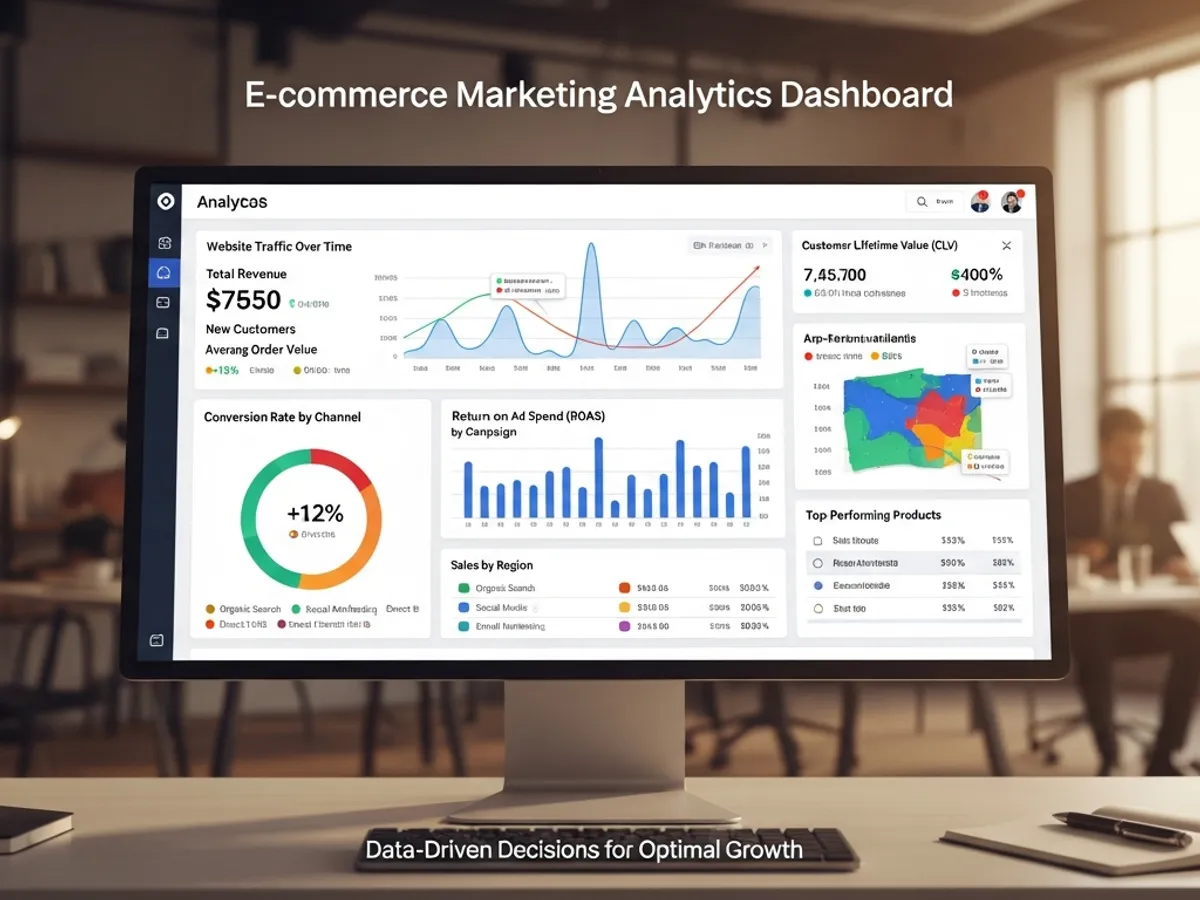
Real-World Examples of Successful Ecommerce Marketing Agencies
Several ecommerce marketing agencies have demonstrated exceptional results for their clients. These agencies have helped businesses achieve significant ecommerce growth by implementing innovative strategies and leveraging the latest digital marketing technologies. Examining these success stories can provide valuable insights into what works and what doesn’t in the world of ecommerce marketing.
For example, Incrementors is an Award-Winning Digital Marketing Agency, 2021 Best SEO Consulting Agency by Design Rush, and Top #10 Most Reviewed SEO companies by TheManifest, also one of the fastest-growing companies, 2021 by Business Connect and Most Innovative Company, 2022 by Industry Era. Budai Media, is a go-to ecommerce email marketing agency specializing in helping customer-centric ecommerce brands boost their customer lifetime value by an impressive 20-50% within just three months. These agencies showcase the potential impact of strategic partnerships in the ecommerce sector.
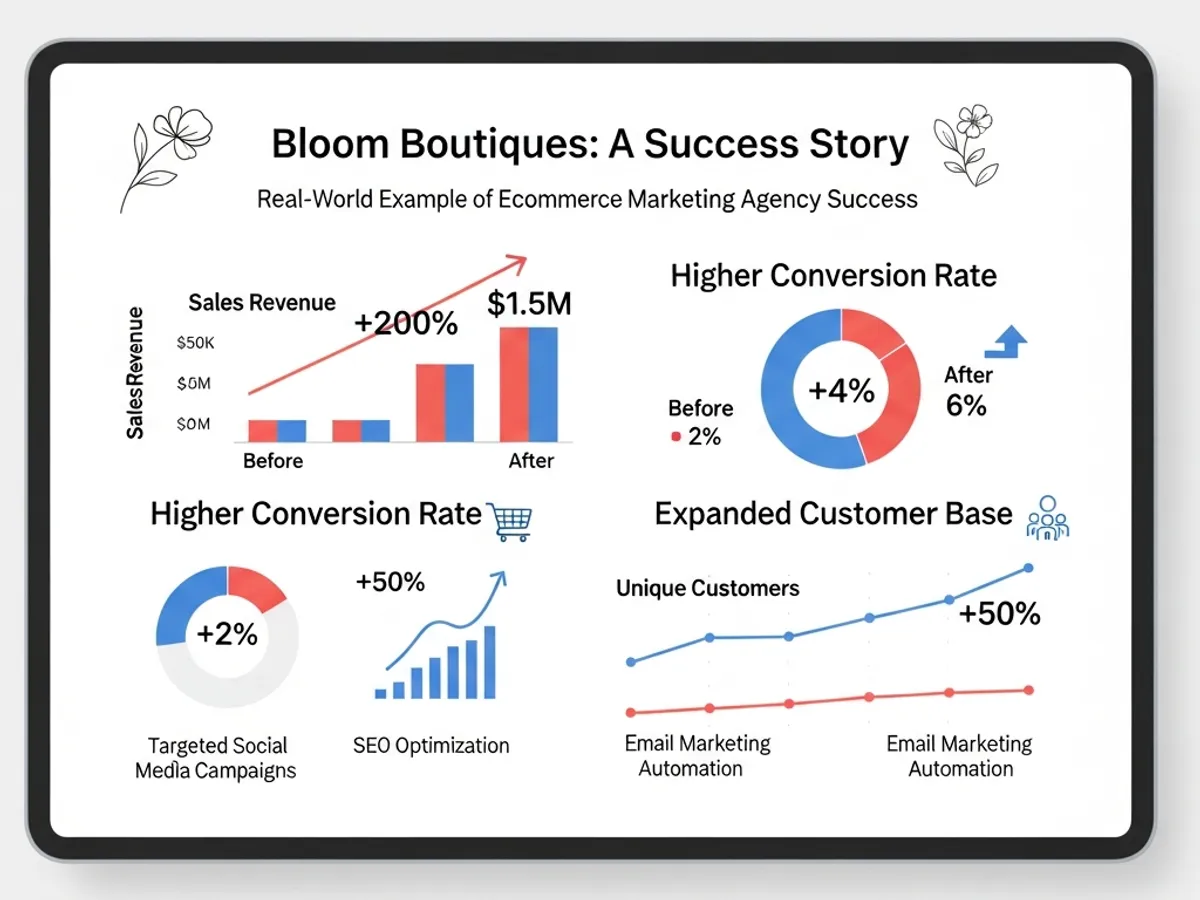
Future Trends in Ecommerce Marketing
The field of ecommerce marketing is constantly evolving, with new trends and technologies emerging regularly. Staying ahead of the curve is essential for businesses looking to maintain a competitive edge and drive ecommerce growth. So, what are the key trends to watch in the coming years? Some key trends to watch include:
- AI-Powered Marketing: Using artificial intelligence to personalize customer experiences, automate marketing tasks, and optimize ad campaigns. AI-powered tools can analyze vast amounts of data to identify patterns, predict customer behavior, and deliver personalized marketing messages at scale.
- Voice Search Optimization: Optimizing your website and content for voice search to capture the growing number of consumers using voice assistants. As voice search becomes more prevalent, businesses need to ensure their websites are optimized for voice queries.
- Personalized Marketing: Delivering customized marketing messages and offers based on individual customer preferences and behaviors. This involves using data to understand your customers’ needs and preferences and tailoring your marketing messages accordingly.
- Video Marketing: Engaging audiences through video content, conveying your brand message, and drive conversions. Video marketing is a powerful way to connect with your audience, build relationships, and drive sales. Consider webinars, virtual product launches, livestream.
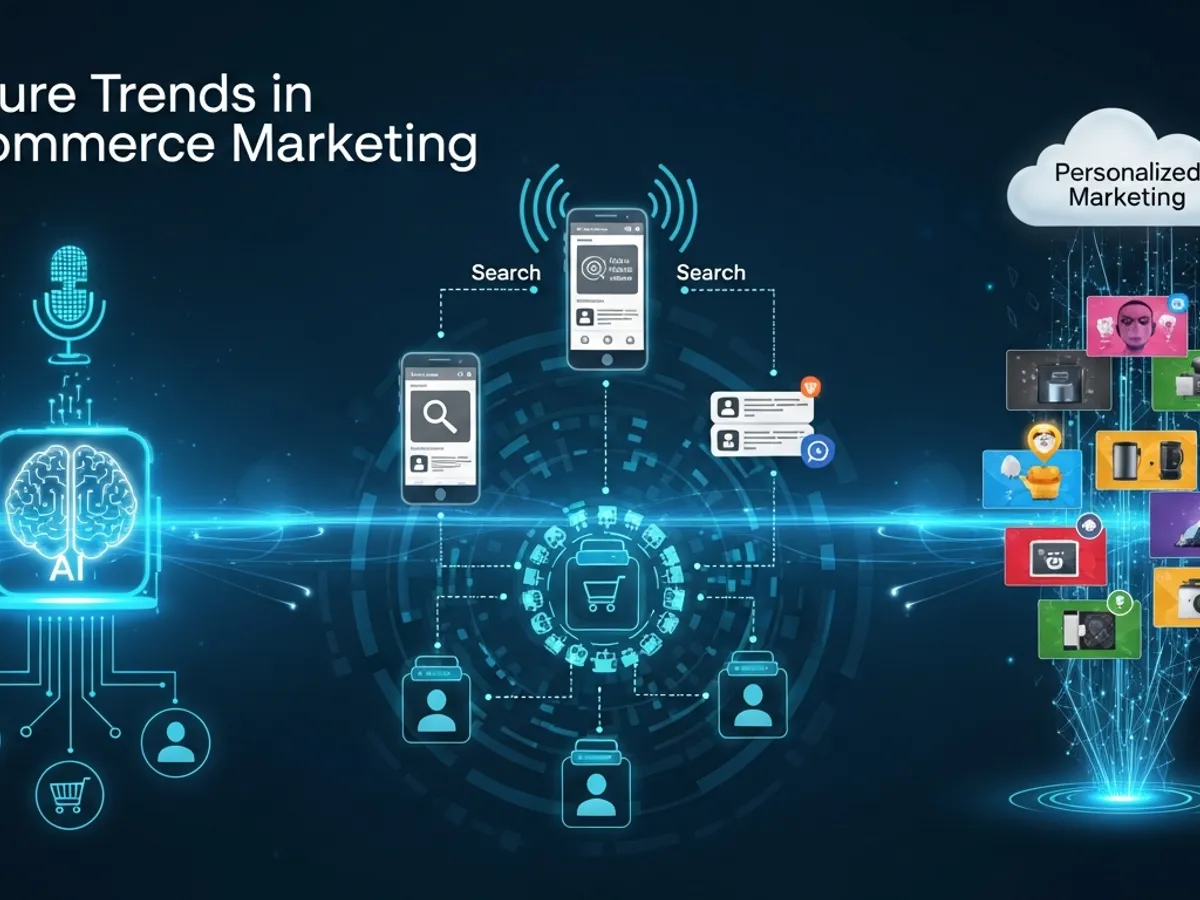
Conclusion: Partnering with the Right Ecommerce Marketing Agency for Online Sales Growth
In conclusion, ecommerce marketing agencies are indispensable partners for businesses looking to boost their online sales and achieve sustainable ecommerce growth. By leveraging their expertise in SEO, PPC, social media marketing, and content creation, you can attract more customers, increase brand awareness, and drive conversions. Choosing the right top ecommerce marketing agencies requires careful research and consideration of your specific needs and goals.
Quick Summary
Ecommerce marketing agencies are vital for enhancing online sales and fostering ecommerce growth. They offer essential services like SEO, PPC, social media, and content marketing, enabling businesses to boost brand awareness and improve customer acquisition. Selecting the best marketing agencies involves assessing their track record, understanding their strategies, and ensuring they align with your business objectives. Embracing future trends like AI-powered marketing and voice search optimization is crucial for staying competitive and maximizing ROI.
FAQs
What is an ecommerce marketing agency?
An ecommerce marketing agency is a specialized firm that helps online businesses enhance their online sales through various digital marketing strategies like SEO, PPC, and social media marketing.
How can an ecommerce marketing agency help my business?
An ecommerce marketing agency can help your business by driving more traffic to your website, increasing conversions, enhancing brand awareness, and ultimately boosting your online sales.
What services do ecommerce marketing agencies typically offer?
Ecommerce marketing agencies typically offer services such as SEO, PPC advertising, social media marketing, content marketing, email marketing, and conversion rate optimization (CRO).
How much does it cost to hire an ecommerce marketing agency?
The cost of hiring an ecommerce marketing agency can vary depending on the scope of services and the agency’s experience, but it generally ranges between $100 and $250 per hour.
How do I choose the right ecommerce marketing agency for my business?
To choose the right ecommerce marketing agency, identify your specific needs and goals, research potential agencies, review their case studies, and schedule consultations to discuss your needs and determine if the agency is a good fit for your company culture and budget.
Transform your Business with DigitalShift. We’ve helped more than 300 companies achieve digital success. Grow with our Digital Marketing Agency.



